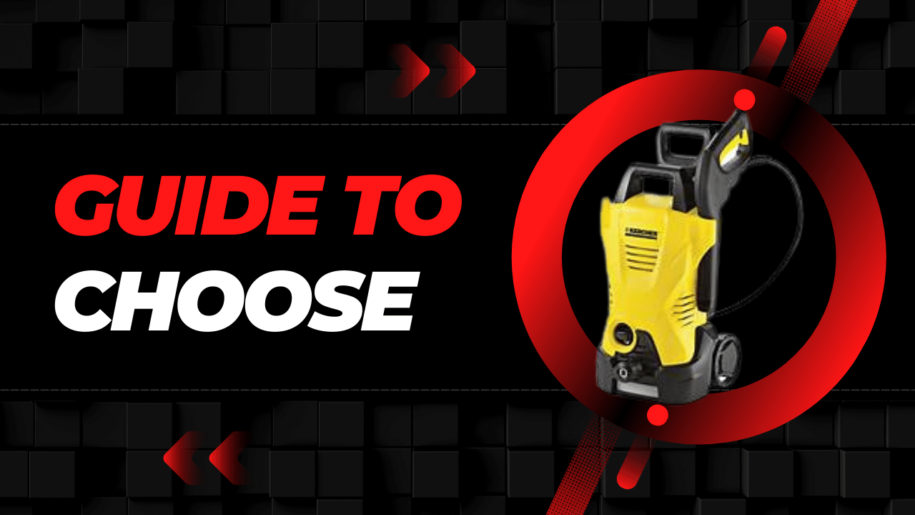
The Essential Guide to Choosing the Right Pressure Washer for Your Home
When it comes to maintaining the facade of your home, outdoor equipment such as a pressure washer can be a game-changer. A tool that lets out a stream of high-powered water to blast away dirt, mold, and grime, a pressure washer can make quick and powerful work of cleaning tasks such as decks, patios, driveways, and even cars.
The surge in popularity of pressure washers has led to a sea of options in the market, with various styles, sizes, and—most importantly—pressure levels. For the uninitiated and the seasoned homeowner alike, choosing the right pressure washer can be a daunting task. Fear not, for in this comprehensive guide we’ll walk you through the critical factors to consider when making this important purchase.
Know Your Terminology- PSI, GPM, and CU
Before you select your pressure washer, it’s crucial to understand the jargon associated with these powerful machines. Three key terms you’ll encounter are PSI (Pounds per Square Inch), GPM (Gallons per Minute), and CU (Cleaning Units).
What is PSI?
PSI is a measure of how powerful the water pressure is; the higher the PSI, the more powerful the pressure washer. For your home needs, a pressure washer with PSI ranging from 1300 to 2800 should suffice. PSI is essential for breaking the bond between grime and the surface being cleaned.
What is GPM?
GPM tells you how much water the washer uses per minute. A higher GPM means a quicker clean, as more water is moving over the surface. For home use, you can find pressure washers that use anywhere from 1.2 to 2.8 gallons per minute.
Calculating CU
Cleaning Units is a simple multiplication of PSI by GPM. It is used to compare the efficiency and power of different pressure washers. The higher the CU, the more cleaning power the machine delivers per minute.
Determine Your Needs
Once you’re comfortable with the terminology, the next step is to evaluate your specific needs. Will your pressure washer be used primarily for light cleaning tasks such as vehicles or windows, or do you have bigger jobs like large decks and driveways in mind?
Light Duty
For light-duty cleaning, a pressure washer with a PSI between 1300 and 2000 will work efficiently. These are often electric models, which are more compact and quieter.
Medium Duty
Medium-duty tasks, such as cleaning fences or outdoor furniture, require PSI ranging from 2000 to 2800. These can be electric or gas-powered, providing a bit more versatility and power.
Heavy Duty
If you have heavy-duty tasks, gas-powered pressure washers that offer a PSI upwards of 2800 will be your best bet. These can tackle extensive areas effectively but should be handled with care as they deliver high-powered streams that are more than capable of damaging surfaces if not used correctly.
Consider the Power Source
Pressure washers are powered either by electricity or gas and each has its benefits and drawbacks.
Electric
Electric pressure washers are typically lighter and more compact. They are also quieter and easier to maintain, with no need to refuel or change oil. However, they may lack the power for heavy-duty jobs and require access to a power outlet, making them less mobile.
Gas
On the other hand, gas-powered pressure washers offer higher PSI and GPM for big jobs. They are highly mobile, making them better for outdoor work with no need for a power source. Gas models do require regular maintenance and produce more noise and exhaust than their electric counterparts.
Additional Features to Look Out For
In addition to the basics, there are several features and options that could make your pressure washing experience easier and more effective.
Nozzles and Tips
Different tasks require different nozzles to adjust the angle of the spray. A rotating nozzle can provide the cleaning power of multiple tips in one, making the machine more versatile.
Detergent Tanks
A built-in detergent tank can simplify the cleaning process, especially for tasks where you need more than just water.
Hose Length and Material
The length and material of the hose can impact the reach and durability of your pressure washer. A longer hose will extend your reach without needing to move the unit, while a high-quality material will resist kinking and damage.
Adjustable Pressure
Some models offer adjustable pressure, giving you more control over the power output. This is great for more delicate surfaces and for using with different cleaning solutions.
Overall Build Quality
Especially if you’re considering a gas-powered model, the quality of the engine and pump is crucial. Look for well-known, reputable brands with a history of reliability.
Price and Value
The cost of a pressure washer can vary greatly based on PSI, GPM, brand, and additional features. While a more powerful and feature-rich model can offer value in terms of time and labor savings, be careful not to spend more than is necessary for your needs.
Consider the return on investment; for example, if a slightly more expensive model will save you a significant amount of time on your cleaning tasks, it may be worth the extra cost.
Safety Considerations
Safety should always be a top priority when working with a pressure washer. Always follow the manufacturer’s instructions for operation and maintenance, and pay close attention to any safety features the unit may offer.
Eye and Ear Protection
Wearing protective goggles and earplugs should be standard practice when operating a pressure washer. The high-pressure water spray can cause injury, and the engines on gas models can be quite loud.
Proper Technique
Improper use of a pressure washer can cause damage to the surface being cleaned or result in injury to the operator or bystanders. Always start with the widest spray angle and move closer to the surface as needed—it can be surprisingly powerful even at a distance.
Reliability
Reliability is a safety factor. If your pressure washer stops working mid-job, you could be left with a surface and no way to clean or protect it. Choose a unit known for its reliability and warranty coverage.
Environmental Impact
The high pressure and volume of water used by pressure washers can make them a less environmentally friendly option for cleaning. Consider the environmental impact of your purchase and use, and look for EPA WaterSense logo, which means the unit meets strict environmental standards.
Additionally, you can minimize the impact of your use by using biodegradable detergents and avoiding the use of the pressure washer for tasks that could be done with less water.
Conclusion
In summary, when buying a pressure washer for your home, you must consider a number of factors to ensure you make the right choice. Understanding the required PSI and GPM for your intended use, deciding between electric and gas-powered models, and finding the right balance between features, price, and safety are all essential steps.
Remember, a pressure washer is a powerful tool that, when used correctly, can significantly reduce the time and effort required for outdoor cleaning tasks. By investing the time to research and understand the options available, you can ensure that the pressure washer you choose will be an asset to your home for years to come.
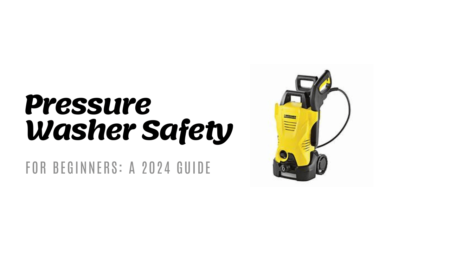
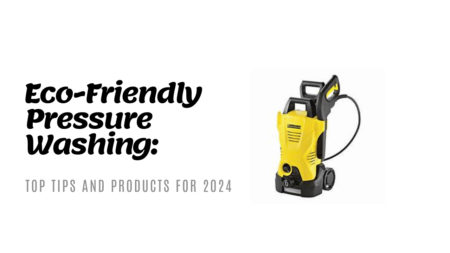
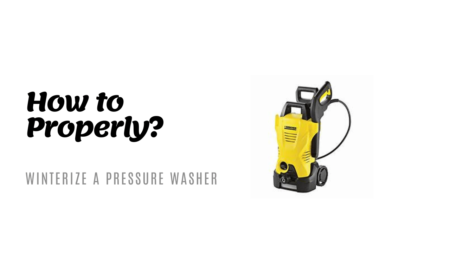
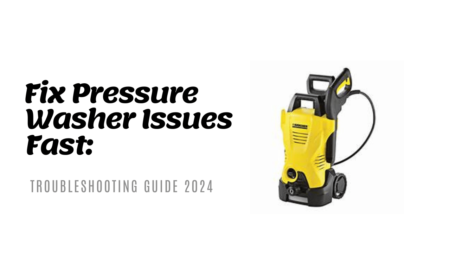
![Pressure Washing Regulations: What You Need to Know [Updated 2024]](https://pressurwasher.com/wp-content/uploads/2024/05/Minimalist-Tutorial-Event-YouTube-Thumbnail-2024-05-31T224409.854-450x253.png)
![Ultimate Guide to Pressure Washer Maintenance [2024 Edition]](https://pressurwasher.com/wp-content/uploads/2024/05/Minimalist-Tutorial-Event-YouTube-Thumbnail-2024-05-30T230638.695-450x253.png)